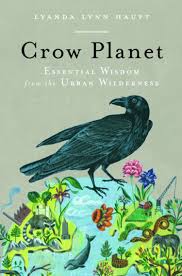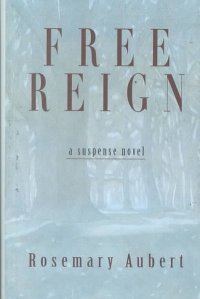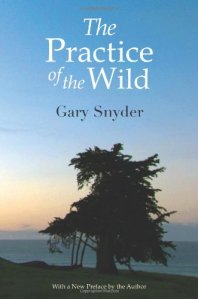 I think every PhD student has a secret worry that there is a book out there that makes the same argument they plan on making. Well, turns out that Lyanda Lynn Haupt’s Crow Planet: Essential Wisdom from the Urban Wilderness is that book for me. I really wish that I had read this book 2 years ago as it would have saved me a fair bit of work …. There is an element of facetiousness in this of course. Haupt does not take up literature like I do and instead writes as a naturalist (which I am decidedly not). However, Crow Planet is a very well written and engaging book that makes clear how important it is for urbanites to embrace the natural world around them. In the opening chapter she writes:
I think every PhD student has a secret worry that there is a book out there that makes the same argument they plan on making. Well, turns out that Lyanda Lynn Haupt’s Crow Planet: Essential Wisdom from the Urban Wilderness is that book for me. I really wish that I had read this book 2 years ago as it would have saved me a fair bit of work …. There is an element of facetiousness in this of course. Haupt does not take up literature like I do and instead writes as a naturalist (which I am decidedly not). However, Crow Planet is a very well written and engaging book that makes clear how important it is for urbanites to embrace the natural world around them. In the opening chapter she writes:
I have come to believe that opening ourselves to [close and detailed] inquiry and participating daily in the process of discovery it implies is our most urgent work as humans in the new millennium. And not because engaging these questions will make us happier, or smarter, or make more of our moments feel enchanted, though it will certainly do all of these things. It is urgent because an intimate awareness of the continuity between our lives and the rest of life is the only thing that will truly conserve the earth – this wonderful earth that we rightly love. (12-13)
Haupt was an avid bird watcher and committed environmentalist who placed high value in wilderness experiences. However, after her editor pushed her to do a project on crows, she began to see the necessity of studying and understanding her own urban (Seattle) context. I think this is what makes Crow Planet so persuasive. Haupt is forthright about her own struggles with the compromised nature of urban nature and about the everydayness of crows in general. However, she very quickly finds wonder in this bird’s adaptability and life in the city. And in this wonder, she begins to sketch out a way to embrace and engage with urban nature. I am struck how similar our overall projects are even though our methods ended up being quite different.
This is a very good book that I highly recommend to anyone who lives in a city. This is what environmentalism should look like! Seriously. Go get this book now.
Haupt, Lyanda Lynn. Crow Planet: Essential Wisdom from the Urban Wilderness. New York: Little, Brown & Company, 2009. Print.

